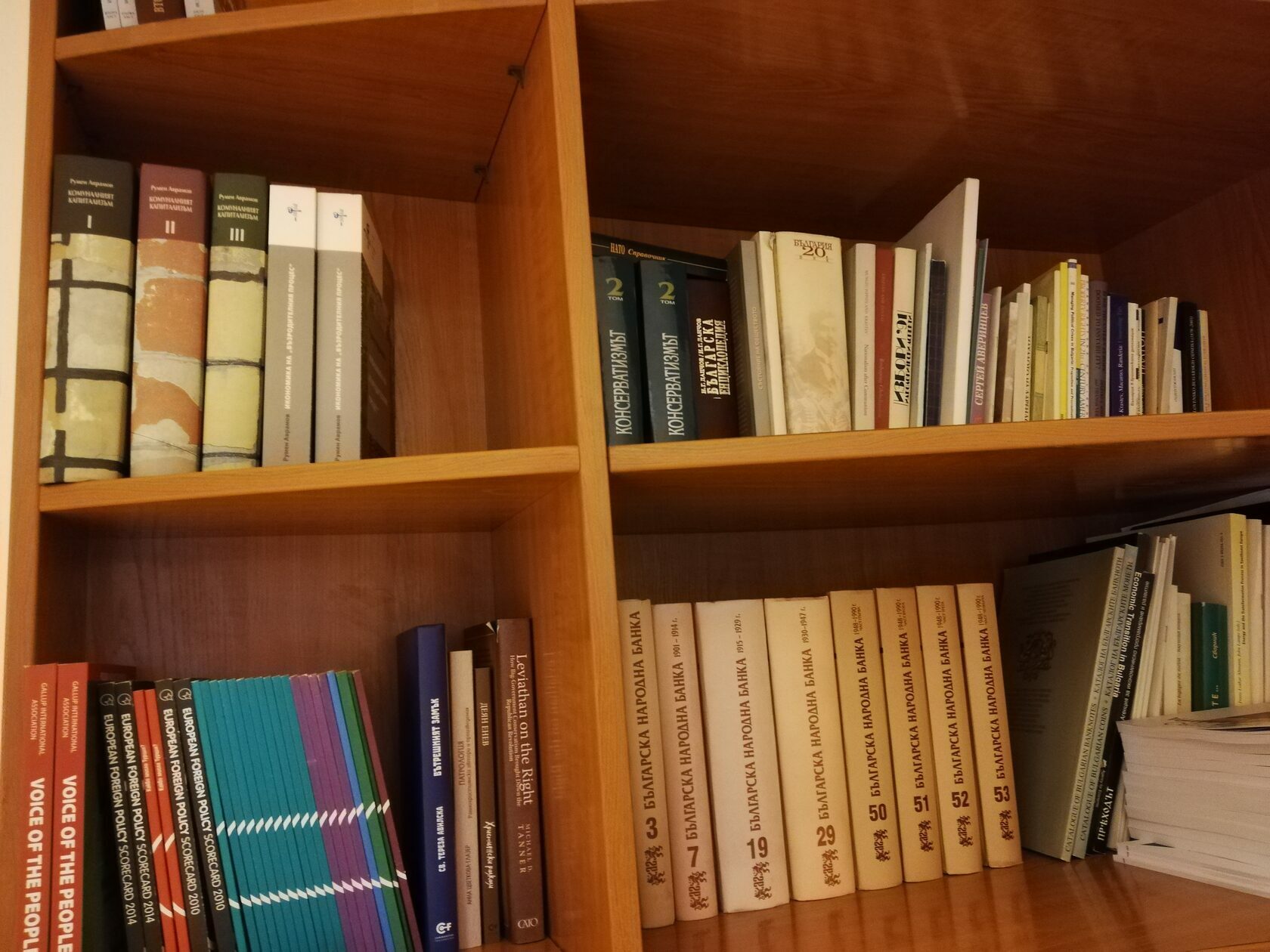Institutional context. One of the outbreaks of the transition has been the disruption of the academic community, namely in the field of economic and social sciences. Expert knowledge was gradually fragmented, privatized, commercialized and politicized. As most of the major projects are foreign financed, demand tends to create imported discourses and agenda. The traditional research units suffer from low budgeting and are evolving into nutshells-like structures hosting independent individual projects. Universities are, by definition, more conservative and inertial. Top faculty is renewed very slowly, while at the same time the demand for economic education is booming. Research activity is organized mostly on individual basis and the lack of communication prevents the emergence of a dense, competitive intellectual tissue.
Consequently, our aims are to:
- establish missing links;
- build a new type of network, based on a common intellectual effort and bringing together the learning society, flexible institutional structures and public mediation. The explicit aim of this networking exercise is to contribute to a more informed, deeper and publicly accessible conceptualization of the challenges faced by Bulgaria;
- build a platform for an informed public debate;
- contribute to the revival of public and professional interest to economic and social history;
- attract M.A and Ph.D. students;
- stimulate an active and critical exchange;
- encourage an interdisciplinary approach to Bulgarian history and future;
- complement (without supplanting) parallel ties with the West by providing space for domestic and regional “horizontal” contacts;
- alleviate the usual formal constraints of large scale international projects (written reports, English language) by creating a more relaxed and intimate “free speech” area.
An NGO, with its appropriate status, is best placed to play the role of a more dynamic and flexible focal point for institutions and people with quite different profiles.
Conceptual context. The choice of economic and social history reflects the relevance of this field for the understanding of key issues of the transition agenda. History is a privileged gateway to some of the most debated problems in the pre-accession period.
- Uniqueness versus Triviality? The dichotomy is implicitly present in the century-long debate over the place of Bulgaria in Europe. The view that Bulgaria is a “unique case” underlies the perception of many transitional problems. It is important to understand what makes the differences, what put nuances and what is common in temporal and spatial terms? Otherwise a danger of inadequate analogies/dichotomies in space and time emerges.
- What are the limits of the traditional catching-up, copying, and “institution-importing” modernization strategy? In Bulgaria, as in many other countries, institution-building has been based on imported models that provoke the well-known “form without content” problem.
- The noteworthy social pessimism in Bulgaria has become a tangible barrier to social dynamics. It nurtures self-underestimation, and inferiority complexes. The phenomenon has distinct roots in the past that deserve careful attention.
- “Is the Bulgarian economy compatible with capitalism?” is a recurrent question. If yes, with what model of capitalism? Why some European models have exerted a greater influence in Bulgaria than others? The (non-obvious) answers are also historically determined.
- What are the more distant roots of the persistent anti-liberal bias that has provoked – in particular – tensions in “absorbing” rules, values and mentality patterns of the Washington consensus?
- A corollary of the previous question is another one – what are the roots of the prominent etatist stance in Bulgarian economic policy and in the Bulgarian economy that have been historically observed?
- What is the growth/development interface? It has been argued by leading historians that Bulgaria is a typical case of “growth without development” i.e. of lagging (diverging) institutional vis-à-vis quantitative changes
- Bulgaria has a rich historical experience as a part of important economic/political entities. Just to mention the pre-Independence economic development of Bulgarian lands in the Ottoman Empire, the WWI and Inter-war belonging to the German economic area, the COMECON membership… What are the lessons to be drawn from this experience? Its assessment and generalization could prove insightful in the perspective of the EU membership.
- What creates the observed gap between (supposedly good) individual qualities and (supposedly deficient) social aptitudes?
- A definite tradition has been established in the scientific approach to economic and social issues. A number of – both outside and domestic – clichés have impregnated the intellectual landscape in Bulgaria. What are the intellectual legacies that shape those patterns?
The seminar intends to discuss those questions through a “transition/accession-oriented” reading of the past, with explicit references to the impact of historic legacies on the current economic and social reality. The approach will stress the continuum in economic (social) history by transgressing the often superficial political chronology. Political events are inappropriate breaking points for the long-term trends in economic and social time.
The broad context of the adopted point of view is the cultural dimension of economic (social) history. It implies a careful attitude to relicts embedded into texts, language, behavior, everyday life of the past. Economic (social) history is perceived as a facet of the mentalities’ history.
Conveners:
Prof. Roumen Avramov (Centre for Liberal Strategies, Sofia)
Dr. Martin Ivanov (Institute of History, Bulgarian Academy of Sciences)
Annales of the Seminar
Seminar statistics
